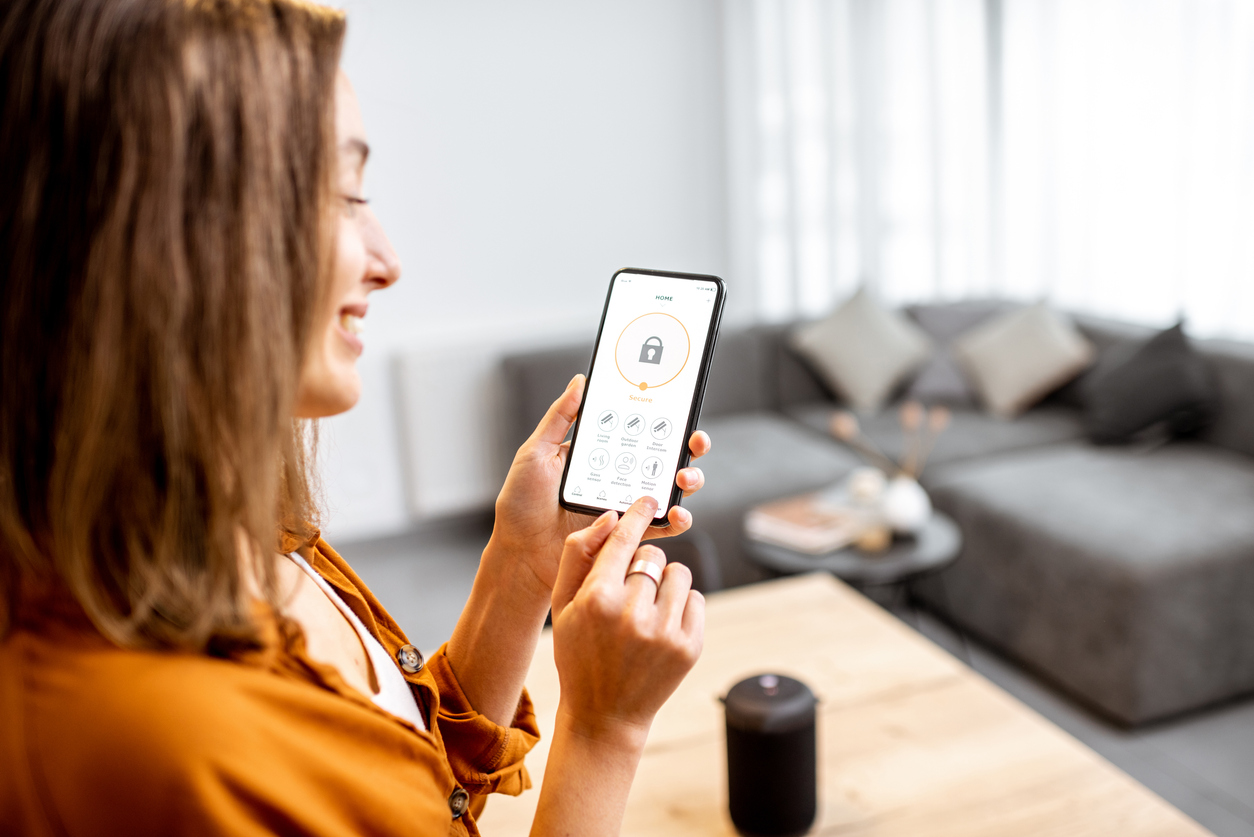
Can our smart technology protect us, and what do we do when it doesn’t?
If you started asking your mobile phone what the weather forecast was for the week ahead around 5 years ago, your friends might have thought you’ve gone mad. Skip to 2021 and talking to our devices has become a regular part of our day. So regular in fact, that around 40% of adults talk to their devices on a daily basis.
Voice search aside, expecting our devices to give us answers and even heat our homes have become the norm, but it also raises the question, how smart is our smart home technology? It’s incredible that we can order our weekly shop straight from our fridge, but can it protect us from potential threats and cyber-attacks that could ultimately make render our smart home devices useless?
With that mind, Nick Booth, Director of ISET Solutions; specialists in trade security products, shares his insight into the smart technology industry and potential threats we should be cautious of, but mostly importantly, how to avoid them.
The rise of smart home technology
Smart devices have long since proved themselves as being a lot more than just gimmicks and toys. With an industry that’s set to grow to $174 billion by 2025, it’s no secret that home technology will continue to improve, providing us with the ability to control more and more around our homes.
From the off-set, smart technology has given us the ability to make our homes safer and more secure, more efficient and more economical to run. This can also make properties more sustainable, and as sustainability is such a hot topic right now, homeowners have more options in order to improve their lifestyle.
Safety and security
Up until now, there has always been a trade-off between safety and security on the one hand, and convenience on the other. Although Smart devices can deliver a high level of safety and security with minimal inconvenience, they can also become vulnerable to outside sources.
In the US alone, there are over 50 million ‘smart homes’. That’s a lot of homes to pick from if you’re someone who wants to take advantage of smart home technology. From baby monitors to smart doorbells and even medical devices, they’ve all had their fair share of cyber-attacks which can alarm customers and those who may rely on a number of these devices for security purposes.
Because of how smart home devices are traditionally set up, and many of us won’t associate cyber-attacks with our Google Home, passwords and authenticators may get missed, but these are just as important as a password to your email.
Which? completed their own experiment of setting up dummy devices to test how many of these products would be vulnerable to hackers, and unsurprisingly, cybercriminals were ready and waiting to break into these devices, with Which? Stating some devices had up to 14 hacking attempts per hour.
This is a clear indication that although we should be able to enjoy the convenience that smart devices bring us, it’s never been more important to protect ourselves and our homes from potential hackers.
Education will play a huge part in ensuring we can protect and setup our devices properly with the recommended security features. This is more pressing when it comes to different generations buying and setting up home devices, as other age groups may have more understanding and awareness of the risks and are therefore less likely to be hacked or at the very least, have their data stolen.
Change is coming
Due to the sheer volume of security breaches people have experienced, not just in the UK but across the world, it’s clear that something needs to be done.
Positive changes appear to be on the horizon due to new cyber security laws introduced in April 2021, which encourage big tech brands to be more transparent in their safety measures, so consumers can make better decisions on protecting their private life.
The document mentions specific requirements that virtually all smart devices will have to meet:
- Customers must be informed at the point of sale the duration of time for which a smart device will receive security software updates
- A ban on manufacturers using universal default passwords, such as ‘password’ or ‘admin’, that are often present in a device’s factory settings and are easily guessable
- Manufacturers will be required to provide a public point of contact to make it simpler for anyone to report a vulnerability.
Education will play a huge part in fighting against cyber criminals, and although this one law won’t stop attacks on smart devices, it will hopefully give more consumers the tools they need to safely use their smart home devices, with less surprises and more awareness.
